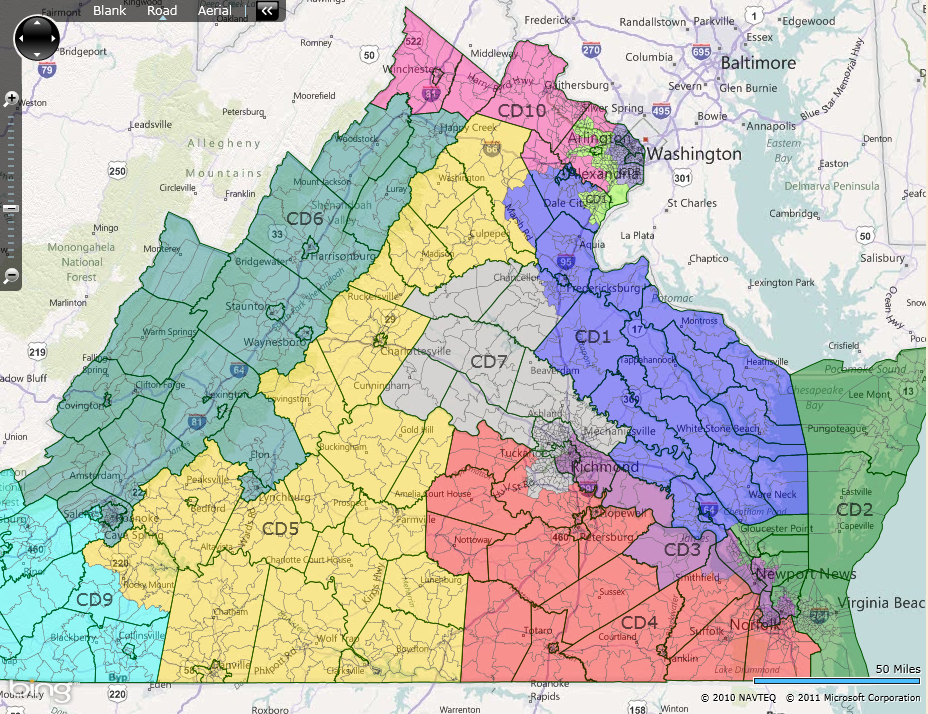The Republican party celebrated its 31st Advance earlier this month. (The party rightly calls it an Advance, because the old name was Retreat, which some would interpret as losing ground and hiding from the fight.) Many questions were asked about what happened in the 2014 election and more about how we can capture the momentum for the upcoming elections.[read_more]
One question has not been asked, and it is time someone does.
“Why do Virginia voters cast their ballot for their Republican Congressman but do not vote for the Republican candidate for US Senate?” Asked differently, “why do the voters prefer their congressional candidates over their senate candidates?”
Just the mere asking this question will make some angry. But if we are going to Advance as a party, we have to look at this question. Here’s why.
We spend significant amount of time talking about:
Opening the Tent
GOTV (Getting Out The Vote)
Enticing Minorities
Engaging the youth
Energizing the base
All of these items above and many others are wonderful activities to work on. Let’s spread the message of the Republican party and the Republican Creed (found here). These are noble activities. No doubt.
But we have to figure out why voters who are already AT THE POLLS do not vote for our US Senate Candidates. We do not have to open the tent for them, they are already in it. We do not have to GOTV for them, they are at the poll. We do not have to bring minorities, youth or the base out to vote, they are already there.
Look at the numbers. And please, don’t let the facts get in the way.
2006
Sitting Senator George Allen received 1,166,277 votes state wide. Adding all of our Republican Congressional races together, 1,222,520 voters cast a ballot for their Republican Congressman. This means that 56,243 voters who cast a ballot for their Republican Congressman but did NOT vote for their Republican Senator. Why? Don’t forget, Allen lost by only 9,329 votes.
2008
Former Governor Jim Gilmore received 1,228,830 but 1,493,262 people went to the polls and voted for their Republican Congressman. That is 264,432 people who were AT THE POLLS that voted Republican for their Congressman, but did not vote for the US Senate candidate. Why?
2012
Former Governor and Senator Allen faced former Governor Tim Kaine. Allen received 91,219 fewer votes than those who voted for their Republican Congressman. They were already AT THE POLLS and made a cognitive decision to NOT vote for our nominee. Why?
2014
Ed Gillespie received 87,807 fewer votes than the Republican Congressmen. He lost by 17,727. Why did these voters decide NOT to vote for him, but they voted for their Congressman instead. It is not like they decided not to vote. They were at the polls and decided not to vote for Ed. Why?
NOTE: None of these numbers included the other candidates in the race. And they don’t need to. Even if the other candidates were not in the race, like Sarvis, these results would not change.
VOTES FOR Congressional
Year US Senate Candidate Candidates Difference
2014 Gillespie 1,055,940 1,143,747 87,807 (lost by 17,727)
2012 Allen 1,785,542 1,876,761 91,219
2008 Gilmore 1,228,830 1,493,262 264,432
2006 Allen 1,166,227 1,222,520 56,243 (lost by 9,329)
If the voters were already in the booth, we have to ask ourselves, “Why did these voters take the time, drive to the poll, vote absentee and cast their ballot for their Republican Congressional candidate, but not for their US Senate candidate?” If we had the answer to this question, we would have handily won 2 out of the last 4 US Senate races.
Let’s make sure that this doesn’t happen in 2015 for the 68 Delegate and 21 State Senate seats.

